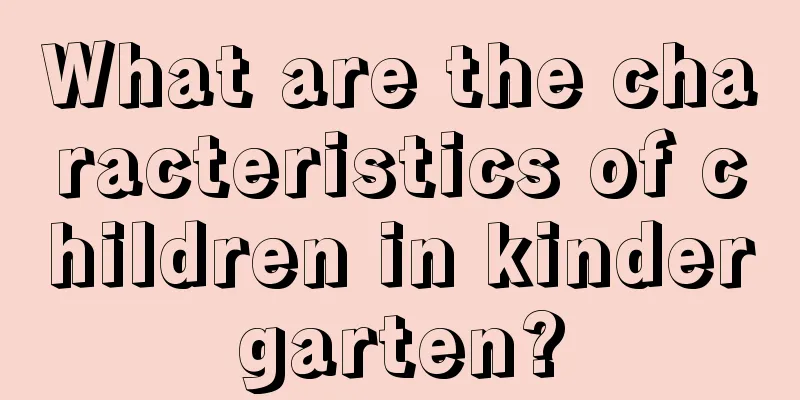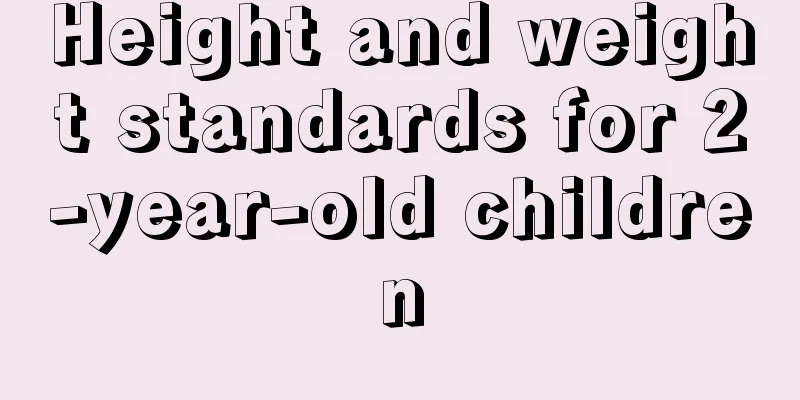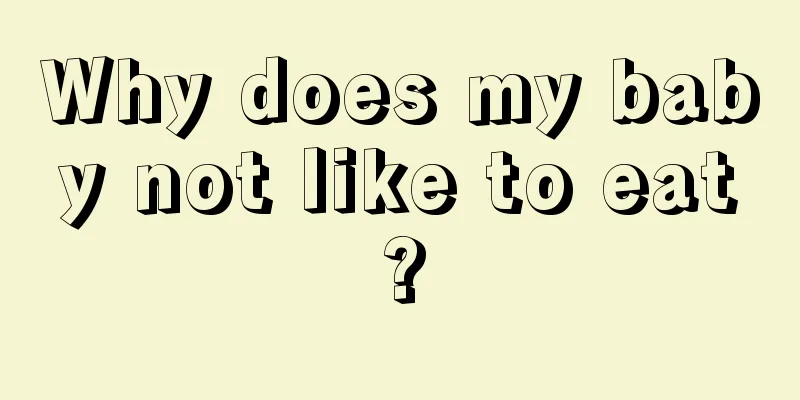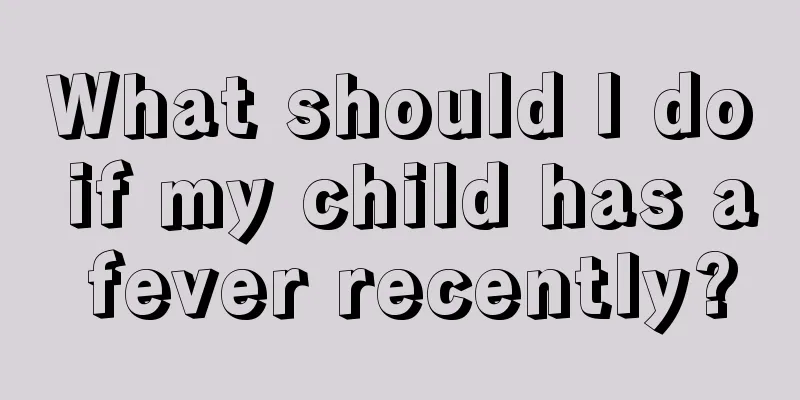What to do if your one and a half year old baby is iron deficient
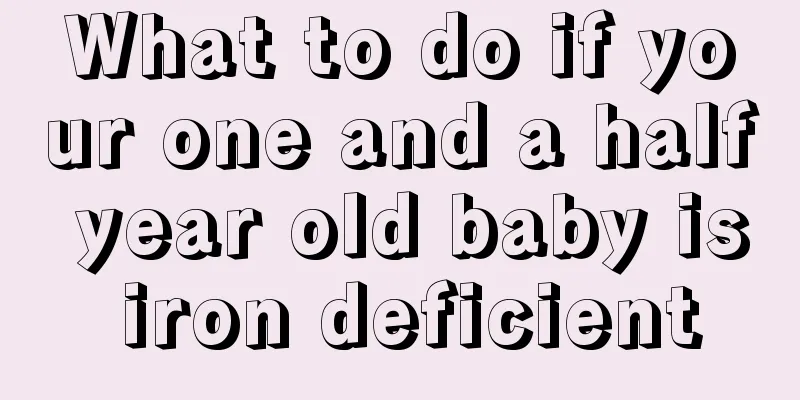
|
Symptoms of iron deficiency in one-year-old babies include anemia or pale complexion. This is mainly because iron is the main component of blood. Iron deficiency will cause the blood to be unable to regenerate. Therefore, mothers should increase the baby's absorption of iron. For example, you can add pig blood or lean meat to the complementary food. The most important thing is to use an iron pan to cook, and breastfeeding requires iron supplementation for the mother. What should I do if my one-year-old baby is iron deficient? Many babies are either lacking in one nutrient or another when it comes time to add complementary foods. At each stage, mothers should understand the amount of nutrition their babies need so that they can supplement it. So what should I do if my one and a half year old baby is iron deficient? The most common causes of iron deficiency in infants and young children are: congenital iron deficiency; insufficient iron intake; iron absorption disorder; rapid growth: because children's weight at 5-6 months and 1 year old is 2 and 3 times that of newborns respectively, their iron needs increase; excessive iron loss. Breastfeeding or iron-fortified formula milk is recommended for infants. During early childhood, attention should be paid to giving babies more iron-rich foods, especially liver, lean meat and animal blood, kelp, seaweed, fungus, shiitake mushrooms, and beans, which are high in iron and well absorbed. Soybeans not only have a high iron content but also a high absorption rate. Also, pay attention to reasonable combinations and eat both meat and vegetables. In general, it is recommended that children with mild anemia rely mainly on dietary supplements. If the anemia is severe, it is best to take oral iron supplements according to the doctor's orders based on the test results. Never take iron supplements without authorization, and do not blindly buy nutritional supplements for children. How to supplement iron in daily life 1. Use iron pans for a long time when cooking, and do not use pans made of other materials. 2. Foods rich in iron include liver, lean meat, fish, blood, egg yolks in animals; black fungus, soybeans, millet, green leafy vegetables in plants; and kelp, seaweed, etc. in seafood. 3. You can take some iron supplements appropriately. 4. Vitamin C (VC) and foods rich in VC, such as fresh fruits and vegetables, can promote the absorption of iron. Because divalent iron is easily absorbed, and most of the iron ingested is trivalent iron, VC can help convert trivalent iron into divalent iron; calcium, tannic acid, etc. can combine with iron to form non-absorbed compounds, which will hinder the absorption of iron. Babies under one and a half years old need to supplement their iron deficiency in time. Iron is very important for babies. Don't wait until you are in a real hurry to get nervous. This is not a good thing. |
<<: Why is the baby anemic even though he is not iron deficient?
>>: What to do if your baby has a cracked butt
Recommend
Symptoms and treatment of rhinitis in children
Pediatric rhinitis is one of the most concerned d...
Causes of low creatinine in children
Low creatinine in children is mostly caused by ma...
What causes dental calculus in children?
I believe everyone is familiar with dental tartar...
How to supplement folic acid for babies?
Folic acid is an essential nutrient for the human...
What to do if your child has otitis media
Many mothers always complain that their children ...
Baby's stool routine occult blood positive
The baby's physical health is the topic that ...
How to prevent swollen lymph nodes behind the ears in children
Swollen lymph nodes behind the ears in children m...
What are the symptoms of wind-heat cold in children
I believe everyone is familiar with wind-heat col...
What smart behaviors will a five-month-old baby show?
The baby can already play with the mother when he...
Newborn baby eats bottle instead of nipple
Newborns who feed from bottles instead of nipples...
Why do babies have diarrhea?
The digestive system of babies is very weak, so b...
At what age do children usually change their teeth?
Many people don't know at what age children u...
What to use to clean baby bottles
Babies need to drink milk every day, and after dr...
What is the cause of newborn spit-up?
It is very easy for newborns to regurgitate milk....
Normal infant breathing rate and possible consequences
With the development of the times and the impleme...


